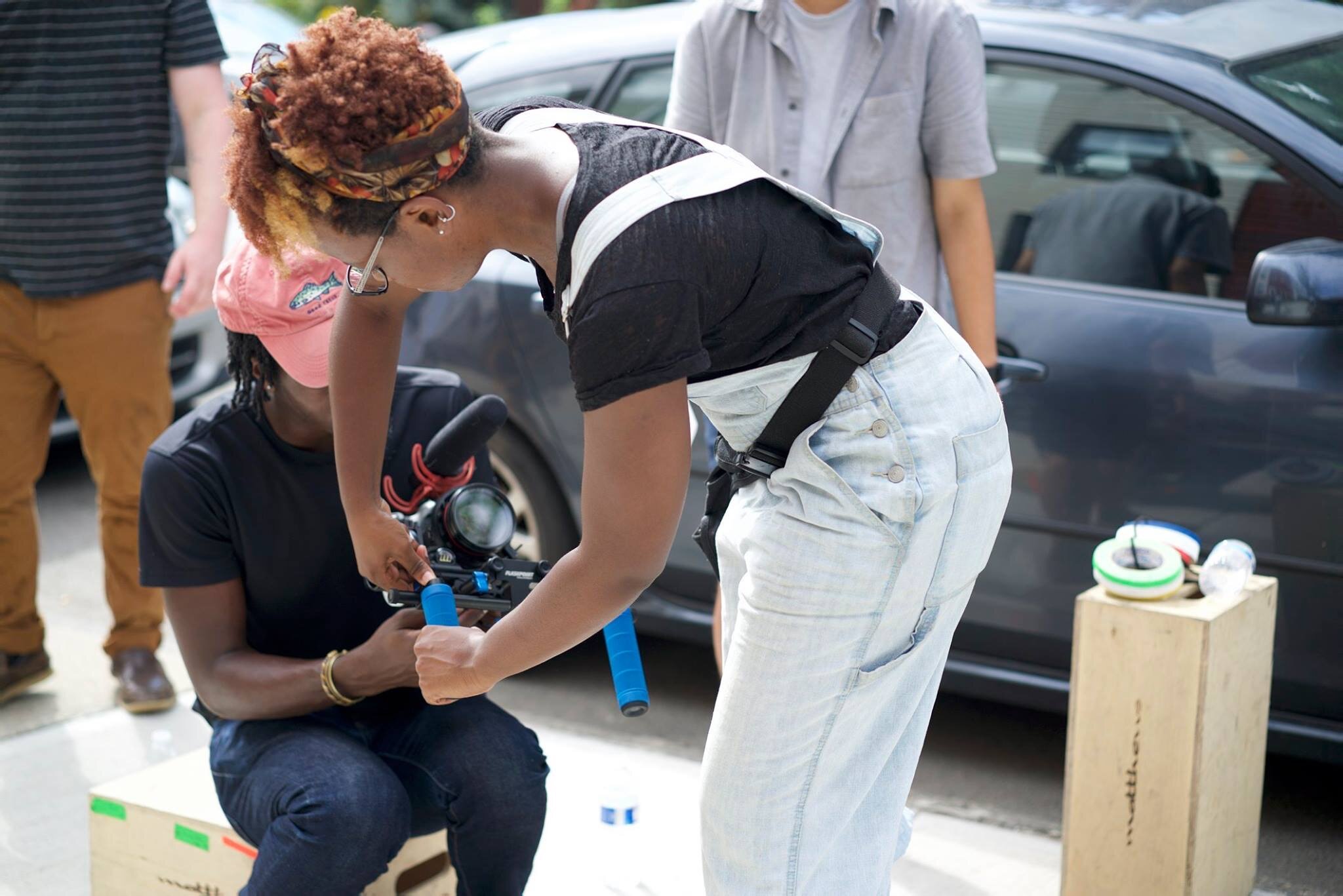Latinx Students Discuss Drop in Hispanic Birthrates as They Pursue College Dreams
Photos and words by Mia Milosevic
Karina Sorto-Kai, whose parents immigrated from El Salvador, grew up in a Hispanic community in Nassau County on LongIsland. A CCNY film and video production major, Sorto-Kai knew from a young age that she wantedto seek out a different life path from what she was seeing around her. “Growingup, it was so common among my neighborhood to be pregnant starting in juniorhigh school,” recalls Sorto-Kai. “Ididn’t want to go down that road, because I saw how difficult it was. In asense, it was always my worst nightmare.”
Now 26, Sorti-Kaihopes to pursue a career in photography and filmmaking. She insists she is at leastfive to 10 years from having children. “I want to graduate and establish myself in my fieldbefore having children.” she says. “I constantly think about having kids andbeing married, but I feel that it would side track me for my dreams.”

More and more youngLatinx women are making the same choice.
According to a new studyconducted by the National Research Center on Hispanic Children and Families, birthrates for Latinx women have fallen to an all-time low. The fertility rate forHispanics in the United States — defined by demographers as people who reportthey are of Hispanic origin on birth certificates — fell by 31% from 2006 to2017, compared to 5% for white women and 11% for black women. This shift isdriving an overall drop in the U.S. birthrate.
A recent article on thetopic in the New York Times reportsthat, “2017 had the country’s lowest rate since the government started keepingrecords.” The Times article alsoexplains that two thirds of all Latinx people in the U.S. are Americancitizens, which was not the case a generation ago, and young American-bornHispanic women are now less likely to be poor and more likely to be educatedthan their mothers and grandmothers.
Sorto-Kai says this rings true to her experience. “When [my parents] came here, money wasalways tight,” she admits. “Havinggrown up in a family where money was always an issue, I know I don’t want mykids hearing arguments about money from their parents, and worrying about itfor them.”

Cynthia Dunston, a film student of mixed Black and PuertoRican descent, says her parents pushed her to pursue her education, stressingthe importance of graduating from college. “My mother had kids starting at 19years old,” says Dunston, 25. “I think that if I had gotten pregnant before Igraduated even at the age that I am now, there would have been adisappointment.”
But even Latinx women who have not followed the trend, andare raising young children, understand the value in obtaining a degree. CarlaRobles, a 29-year-old student of Dominican origin who is raising two daughterswhile attending classes, says nothing will stop her from graduating from CCNYin May. “My mother had me when she was 18 years old,” says Robles. “I wanted tofinish school before having my daughters but I became pregnant, and I just keptpursuing my dream of getting my diploma. It's difficult, but not impossible.”





